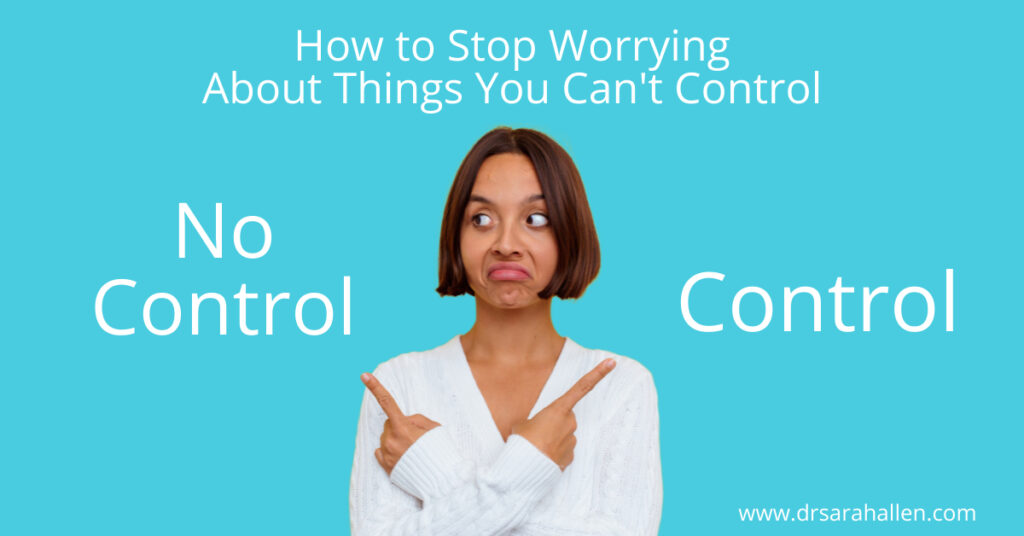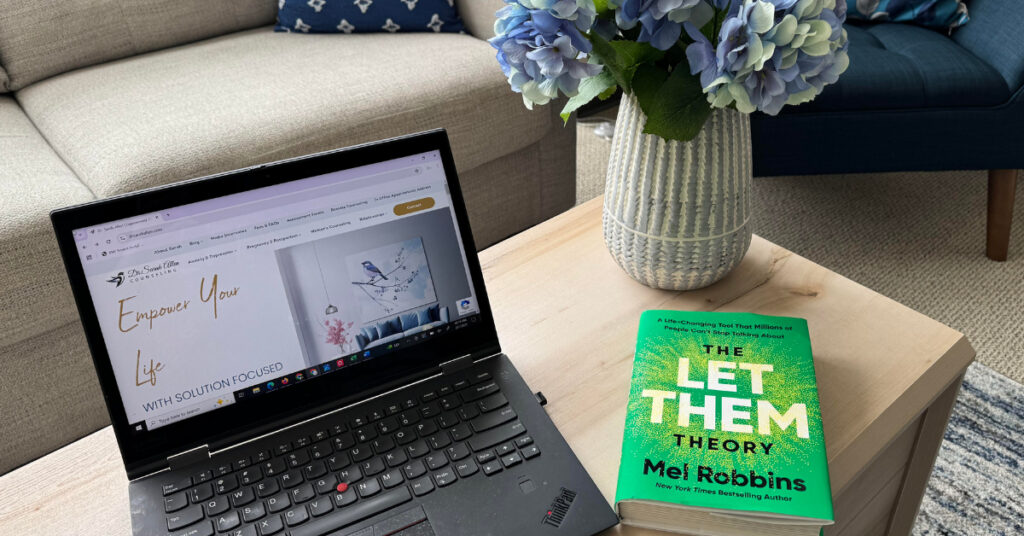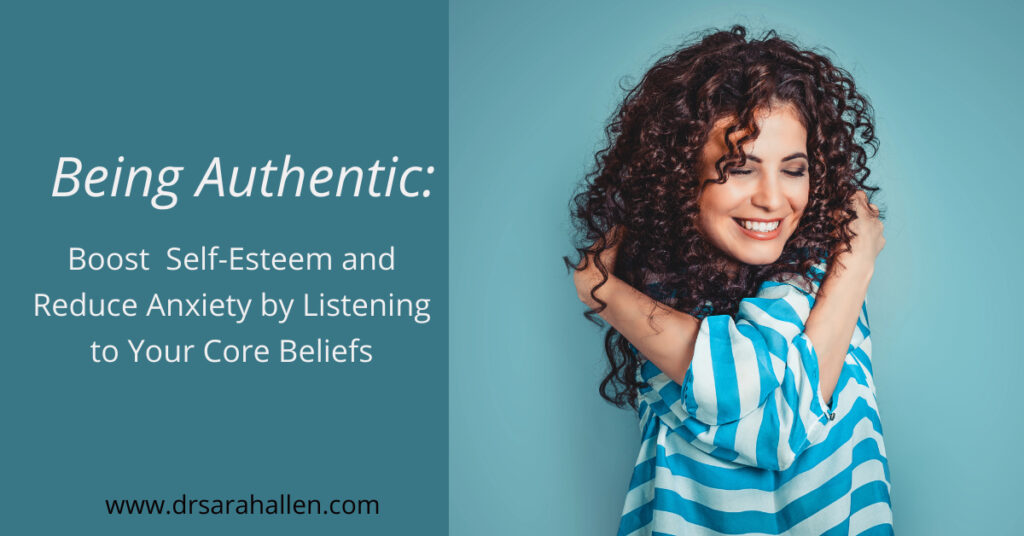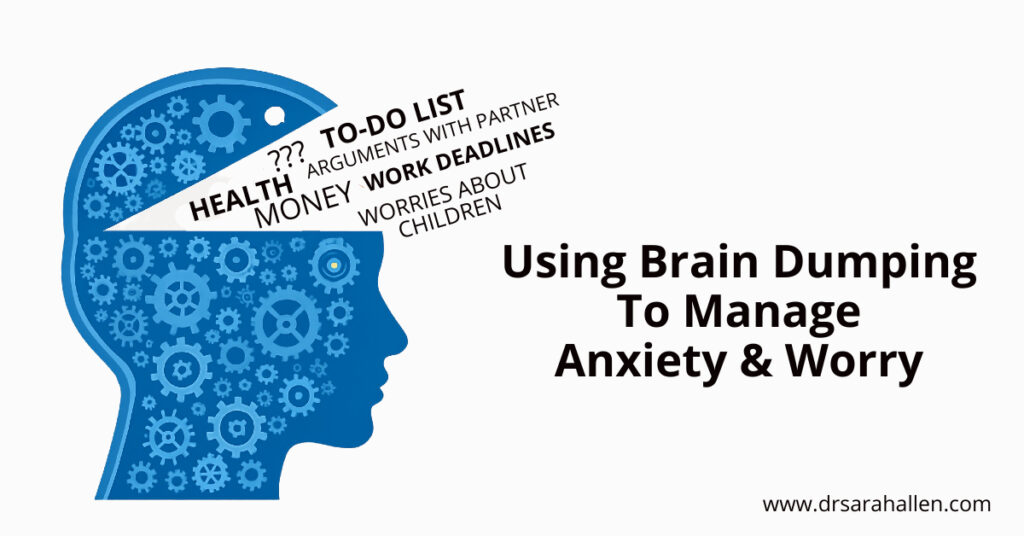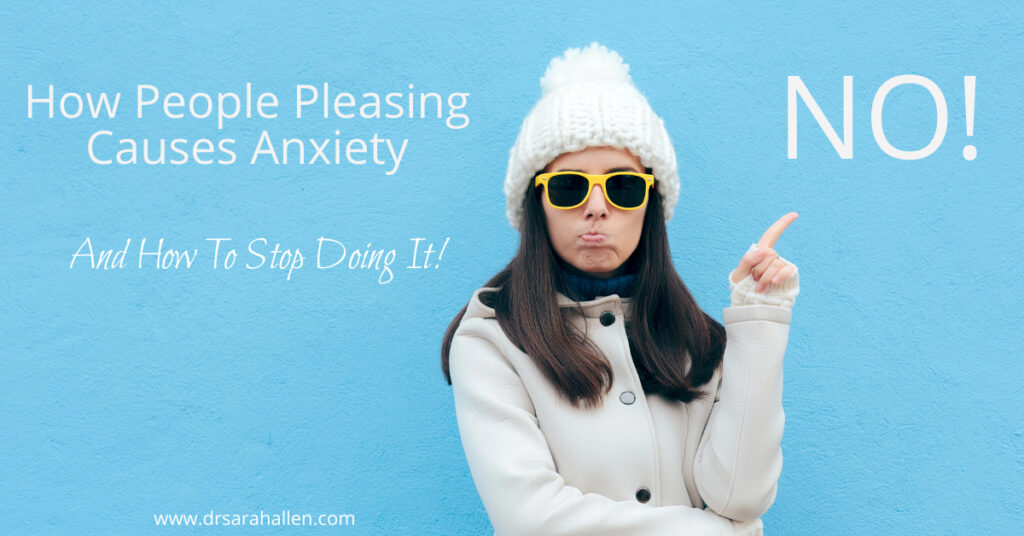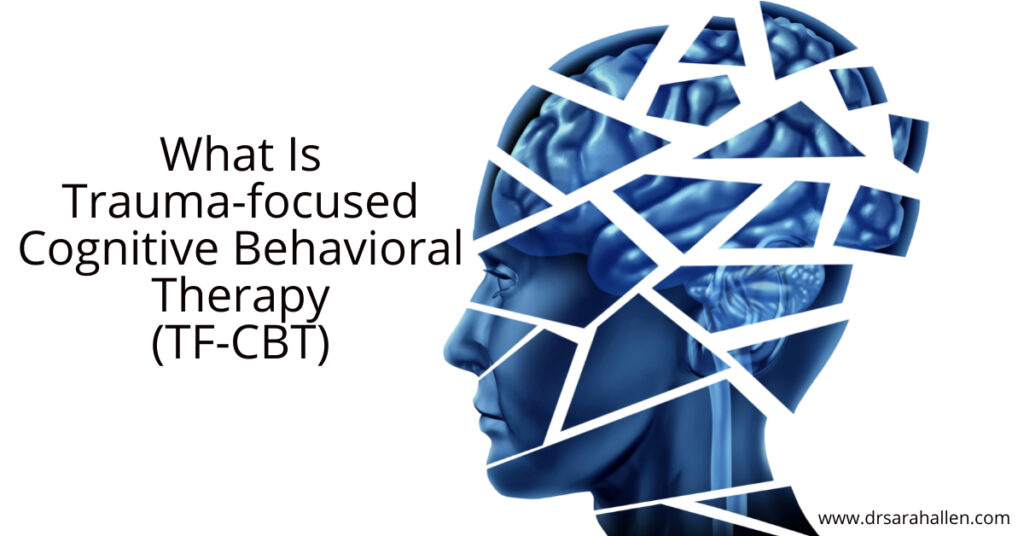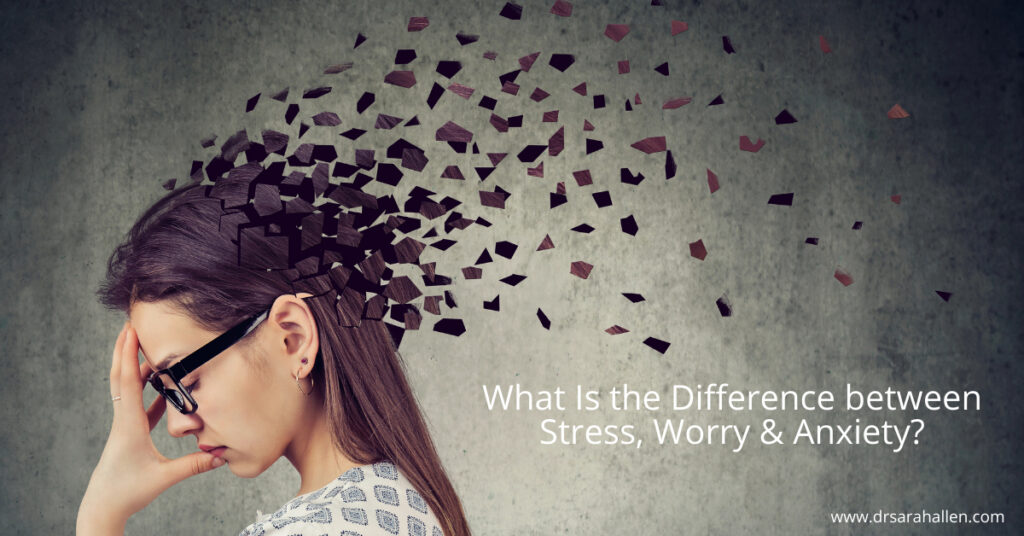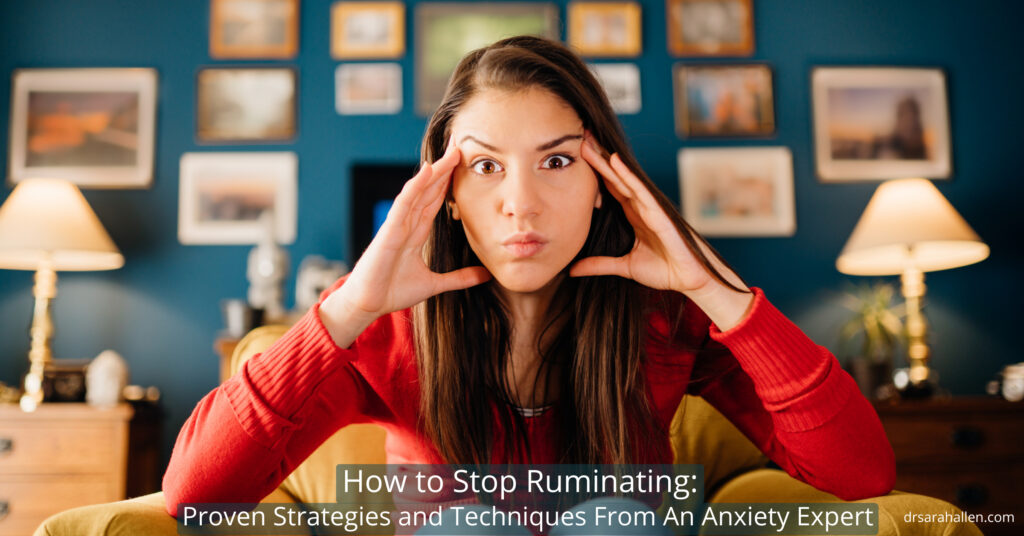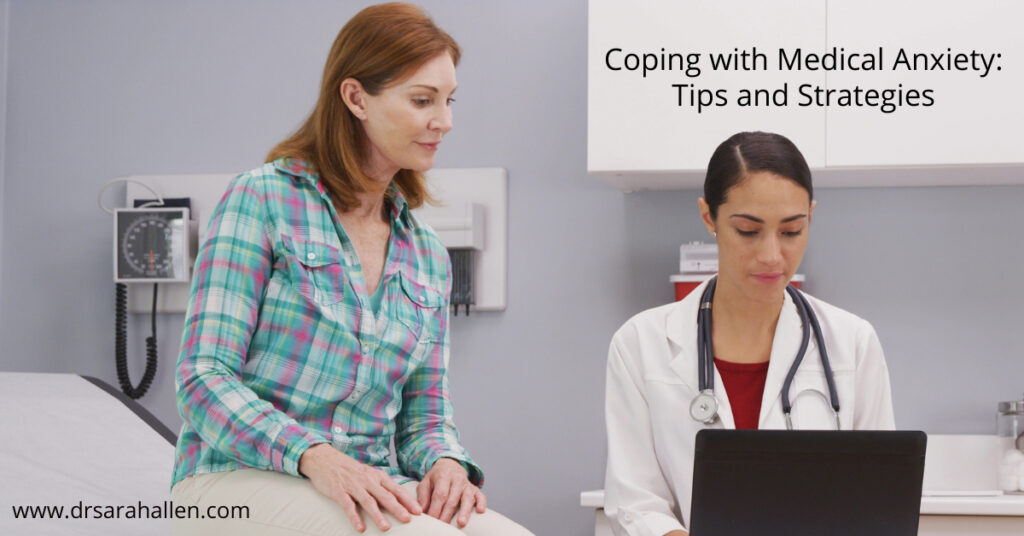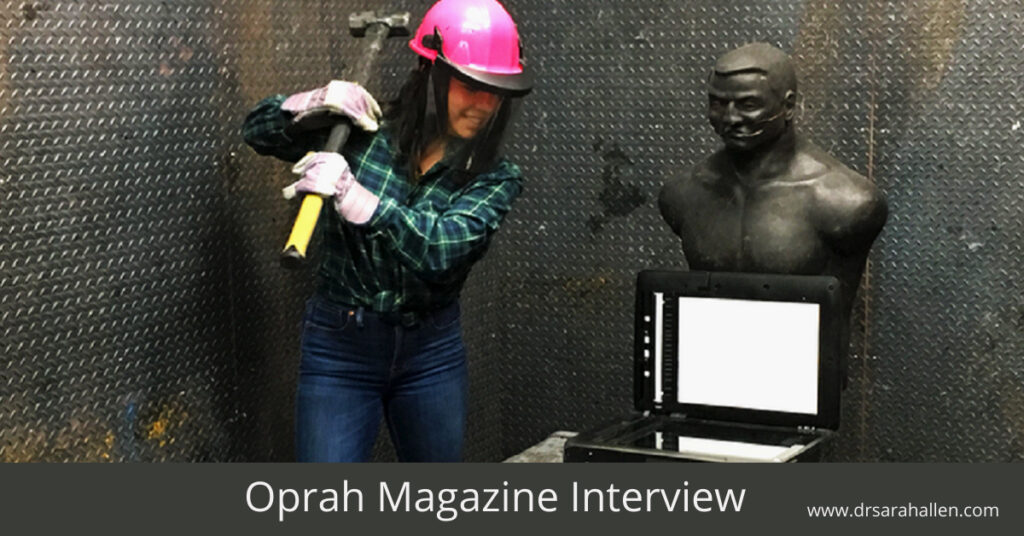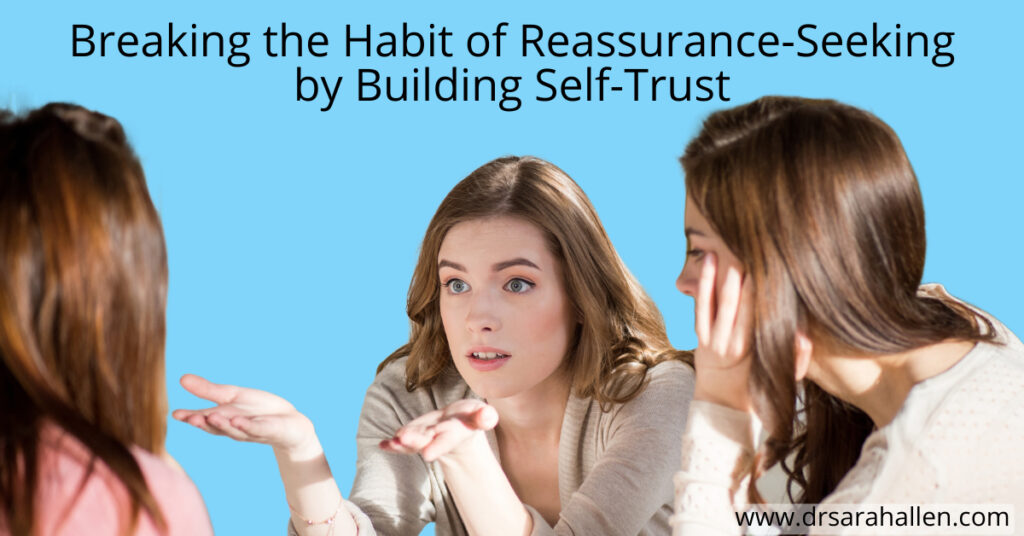
Have you ever caught yourself constantly asking others for their opinion just to feel sure about something? This behavior is called reassurance-seeking. It’s like when you keep texting a friend to check if they’re really okay with your plans, just for that extra bit of comfort. This habit might seem harmless, but doing it too often can actually stop you from trusting yourself.
Learning to trust yourself is super important. When you depend too much on what others think, it can chip away at your self-confidence. I’ve seen this in lots of people I work with. They feel stuck, unable to make decisions without outside approval. Building self-trust helps you feel more secure in your choices and boosts your confidence.
The Consequences of Reassurance-Seeking
Relying heavily on reassurance from others can quietly bring down your self-confidence. It might not be obvious at first, but over time, you may start doubting your instincts. That constant doubt can make decision-making tough and leave you feeling uncertain about your own judgment. Let’s break down how this habit affects key parts of daily life:
– Self-Confidence: Constantly seeking reassurance tells your mind that you don’t trust your own judgment. It’s a bit like riding a bike with training wheels all the time. You never get to balance on your own.
– Relationships: Needing too much reassurance can wear down your relationships. You might come across as clingy or unsure. This makes it hard for friends and family to truly relax around you.
– Decision-Making: If you find yourself asking others for advice before even the simplest decisions, you’re not building that inner voice. Over time, this can make you doubt your ability to choose what’s right for you.
A lot of people I work with find themselves stuck in this loop. They feel relief after they ask someone for reassurance, but the calm doesn’t last. That uneasy feeling creeps back in, and they start the cycle again the next time something uncertain comes up. It can make everyday decisions feel exhausting.
Recognizing the Patterns of Reassurance-Seeking
Being able to notice when you’re stuck in a reassurance loop is a big first step. Here are a few common signs that might help you figure it out:
– You keep asking friends or family if a choice you made was the right one.
– You change your decisions often, depending on what other people think.
– You find yourself needing to hear that everything will be okay, over and over.
If these feel familiar, it’s possible you’ve been relying on others too much for comfort. It’s an easy habit to build because it gives a temporary boost. But that boost fades fast.
Try to pay attention to your triggers. What kinds of situations make you ask for reassurance? Is it when you feel uncertain about a relationship? A hard decision at work? Something small like picking what to wear? Once you see the patterns, you can start taking action to change them.
Awareness is key. Almost everyone seeks reassurance now and then. But when it becomes a go-to habit, it can stop you from learning how to rely on yourself. By spotting these behaviors, you’re already starting to shift things.
Steps to Build Self-Trust
Self-trust doesn’t show up overnight. But with small steps, you can strengthen your trust in your own judgment. Here’s how:
– Self-Reflection: Spend a few quiet minutes each day thinking through your choices. Ask yourself why you needed someone else’s input. Keep a notebook to help you spot patterns in when and why you doubt yourself.
– Mindfulness: Practice staying in the moment. Notice your worries without labeling them as bad. This helps keep anxious thoughts from totally taking over. Mindfulness gives you space between a worry and the reaction to seek reassurance.
– Set Small Goals: Try to make a few small choices each week without checking with others first. These might seem unimportant, but they help you learn to feel at ease with your own decisions. Later, you can work your way up to bigger choices.
I’ve found that small wins matter a lot. When people I work with meet their goals, even tiny ones, they start to believe in their ability to handle more. It’s not about being perfect. It’s about showing yourself, over and over, that you can make decisions and handle the results.
Be kind to yourself during this process. Change can be slow, and it’s okay to slip back sometimes. Trust is built with patience and consistency.
Embracing Uncertainty and Building Confidence
One big reason people get stuck in reassurance-seeking is the fear of the unknown. When something feels uncertain, anxiety kicks in. But learning to sit with that discomfort can lead to big gains in confidence. Here are some ways to start building that skill:
– Focus on the Present: Uncertainty grows when you get lost in “what if” thinking. Keeping your attention on what’s happening right now helps you stay grounded.
– Take Calculated Risks: Start with small risks that feel slightly uncomfortable. Maybe decide something important without checking with anyone first. When these choices work out, your brain learns that uncertainty doesn’t always mean danger.
– Visualize Success: Picture yourself facing a hard or uncertain moment and handling it well. This kind of mental practice actually helps your brain prepare and feel more confident when the real thing comes up.
Confidence builds through repetition. The more often you let yourself make a decision or face a tough call without panicking, the stronger you grow. I remind my clients a lot that it’s okay to be scared. Confidence doesn’t mean never being afraid. It means making room for fear and choosing to move forward anyway.
Taking the First Step Toward Self-Trust
Letting go of the habit of reassurance-seeking takes courage. It starts with noticing when it shows up in your life and being willing to pause before you react the old way. Every time you choose to trust yourself, even a little, you’re building something new.
It’s not about never making mistakes. Learning to trust yourself means accepting that missteps will happen, and that’s okay. Growth comes from trying, adjusting, and going again.
Try to start small. Avoid flooding yourself with pressure to change everything all at once. Begin with just one moment a day where you make a decision on your own. As those moments add up, your confidence will grow.
By making space for reflection and practicing new habits, you’re laying the foundation for a stronger and more trusting relationship with yourself. The more you practice, the more natural it becomes. It’s a skill, and one you truly can develop.
To begin your journey toward building self-trust and managing anxiety, consider seeking guidance through professional support. My approach tailors solutions to your unique needs, helping you develop the confidence to make independent decisions. Learn more about how anxiety counseling with Dr. Sarah Allen can support you in taking that meaningful step toward a more self-assured life.
For personalized anxiety (or one of the other issues I treat) treatment, contact me, Dr. Sarah Allen. I see clients in my office in Northbrook, a North Shore Chicago suburb, or virtually across IL, FL and the UK.

If you have any questions, or would like to set up an appointment to work with me and learn how to reduce anxiety, please contact me at 847 791-7722 or on the form below.
If you would like to read more about me and my areas of specialty, please visit Dr. Sarah Allen Bio.
Dr. Allen’s professional licenses only allows her to work with clients who live in IL, FL & the UK and unfortunately does not allow her to give personalized advice via email to people who are not her clients.
Dr. Allen sees clients in person in her Northbrook, IL office or remotely via video or phone.

What Can I Read That Helps Me While I Am Waiting For My First Appointment With Sarah?
Download this free booklet to gain valuable insights and practical strategies for managing anxiety and worrying.



